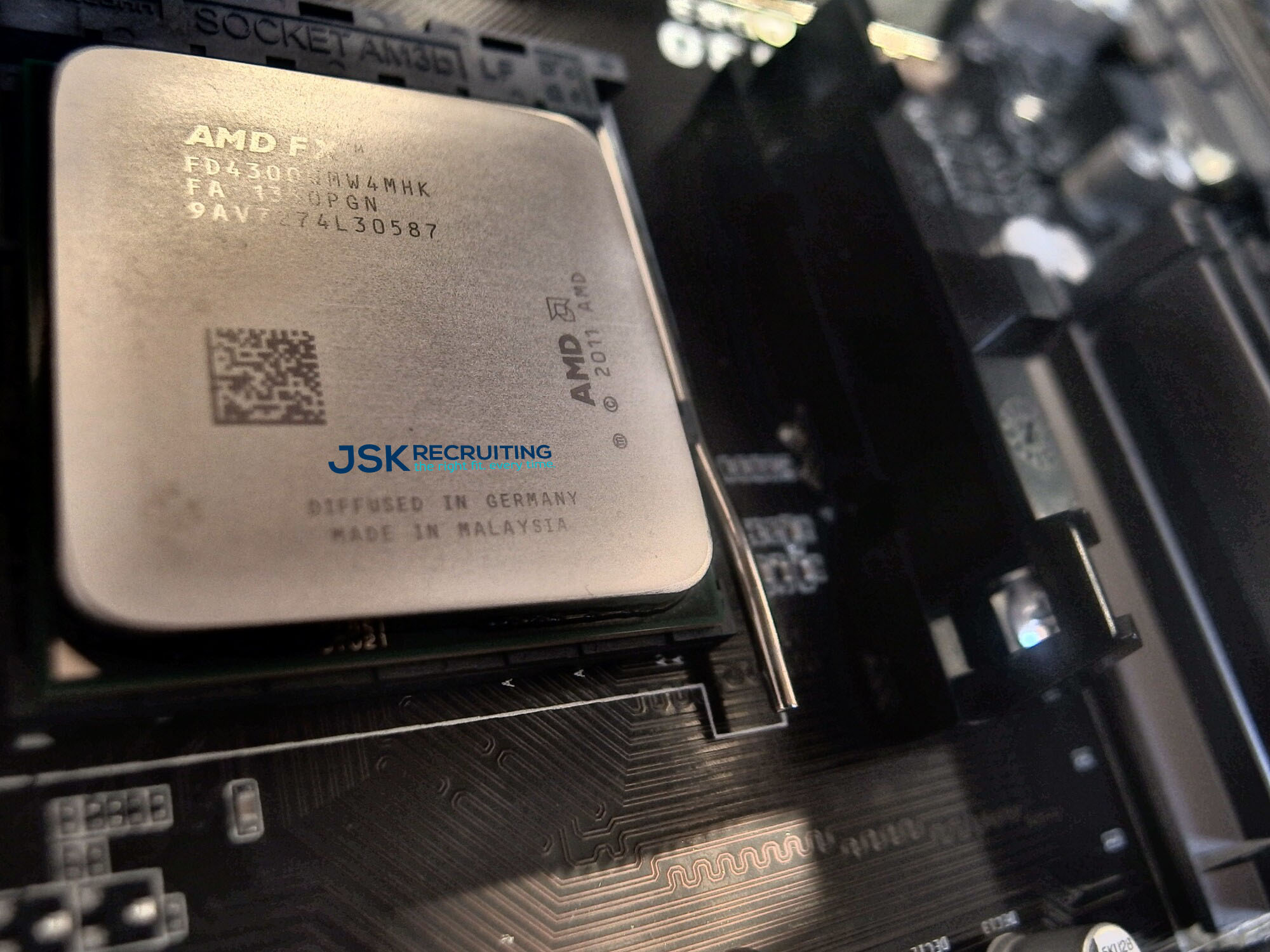Why Is There a Global Chip Shortage?: The Facts You Need to Know
The global chip shortage is clogging up supply chains in numerous sectors of society. Learn about the roots of this shortage here.
Over the past few years, industries ranging from consumer electronics to automotive manufacturing have faced a global chip shortage. Those chips often serve as crucial components that enable products to function at all.
Without chips, car computers lack a brain for things like navigation features and window control.
While the reality of the chip shortage is more or less common knowledge, the reasons it exists may still remain opaque. Are you wondering, “Why is there a global chip shortage?”
Keep reading for the facts you need to know.
Covid Pandemic
The Covid pandemic is the most widespread reason for the semiconductor shortage. It disrupted supply chains on a global scale.
Companies couldn’t get the raw materials for manufacturing. When they got the materials, they couldn’t guarantee delivery schedules.
On top of that, a lot of manufacturing requires people to work in close proximity. Social distancing orders or stay-at-home requirements made manufacturing difficult or impossible, which meant orders lagged.
Even with manufacturing largely back up and running, most chip companies have backorders to fill.
Manufacturing Concentration
Another key factor for the semiconductor shortage is the chip manufacturing concentration in East Asia. While the companies producing chips there may be up and running again, the supply chains are in no way back to their former efficiency.
The Western Hemisphere, in particular, is subject to shipping delays from East Asia.
Labor Shortage
For the U.S., there is an ongoing labor shortage affecting almost every industry. The pandemic provoked a large number of people to simply leave the workforce entirely.
This included a large number of Baby Boomers, who historically have made up a large portion of the domestic workforce.
That labor shortage hit particularly hard in areas like manufacturing, but also in areas like dock workers. Without enough dock workers, imports like semiconductor chips sit in ports for days or weeks.
On top of this, employers struggle with sourcing replacement employees.
Solving the Shortage
Unfortunately, there are few quick fixes for the problem. As such, industries will feel the impact of the chip shortage for a while.
In the long term, time will do a lot to repair the supply lines. Businesses will catch up and transportation-related industries will find new employees.
In addition, President Joe Biden recently signed new legislation into law. The bill aims at encouraging domestic semiconductor chip production.
The bill provides billions in direct subsidies for manufacturers. It also includes tax incentives for investors willing to put their money into chip manufacturing.
Creating more domestic production would shorten the supply line and ease tensions in the future.
The Chip Shortage
The chip shortage impacts industries across the world. It touches everything from toys and appliances to computers and automobiles.
The existence of shortage rests, in large part, on the Covid Pandemic. It created supply chain disruptions and worsened the U.S. labor shortage problem.
However, the concentration of chip manufacturing in the Far East also plays a significant role. If the new legislation can boost U.S. production, it may help prevent future shortages.
JSK Recruiting specializes in filling slots in manufacturing, supply chain, and logistics roles. If you need people for those roles, contact JSK Recruiting today.


